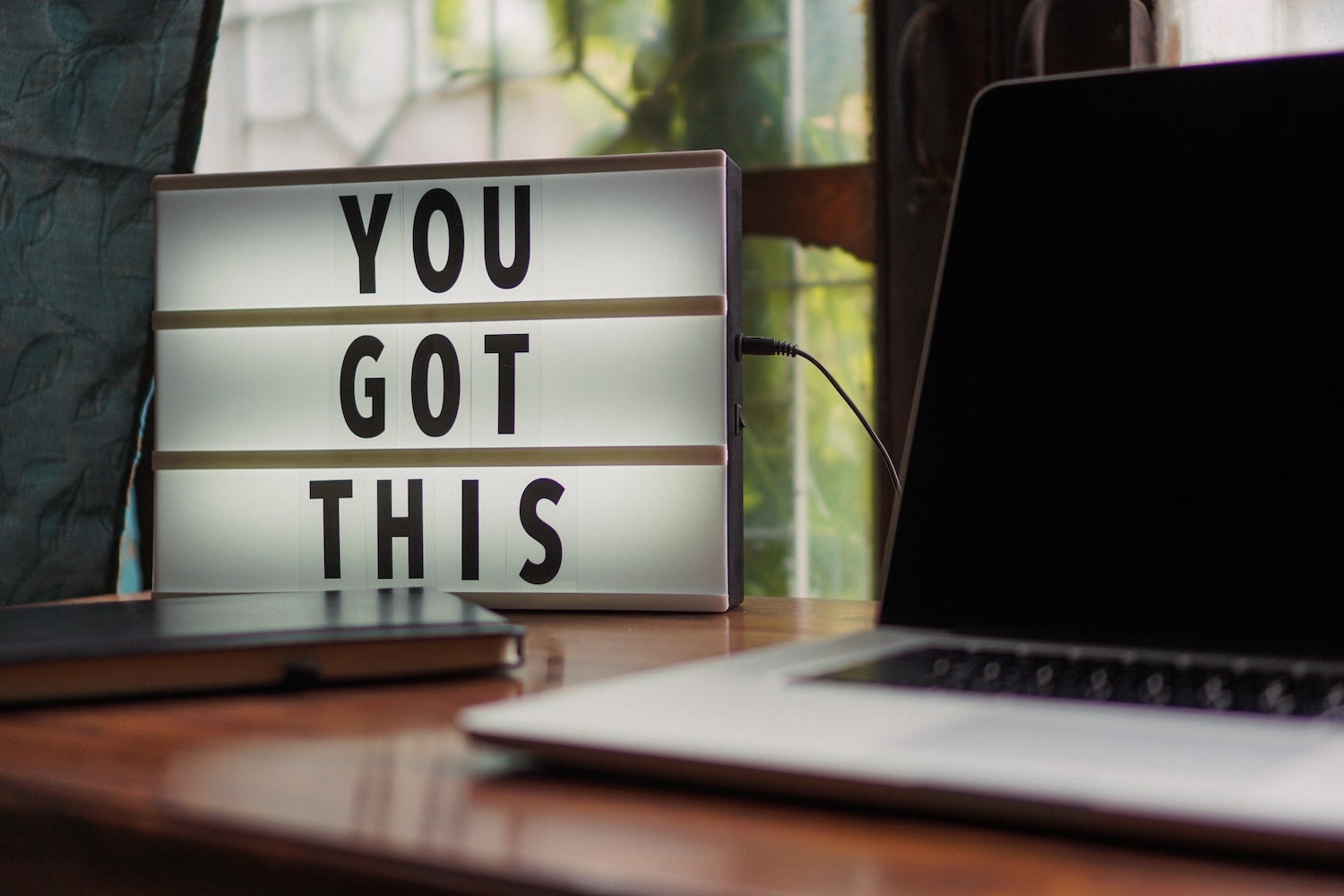It is important to prioritise resilience due to its research-based evidence of physical and emotional benefits, wellbeing and performance outcomes. And we know that one of the best things about resilience is that it is not a set genetic trait – it is something that we can continually develop in life. Research shows that the practice of mindfulness can help develop and elevate our resilience.
What is mindfulness?
Mindfulness is a type of meditation where you focus on being aware of what you are sensing and feeling in the moment, without interpretation or judgment. Practicing mindfulness involves breathing methods, guided imagery, and other practices to relax the body and mind and help reduce stress. Additionally, mindfulness also helps us to self-regulate our attention, and develop an attitude of curiosity, openness, and acceptance toward the present moment.
Being mindful is being able to be aware of our internal state whilst being aware of our environment. It is the ability of being aware internally and externally. Mindfulness is a different way of paying attention that can be trained through meditation techniques and other practices. People who usually meditate are more mindful. However, there are more ways one can achieve mindfulness.
How can we use mindfulness to continually prioritise and develop our resilience?
This can be done by activating the “5 C’s of resilience” in the face of adversity:
Calm
Firstly, you need to help our brain feel calm and safe so that we can see clearly, and problem solve more effectively when faced with challenges. By having a calm brain, it can help you manage stressful situations and build your resilience. When faced with a challenge, our fight or flight response is triggered. Some strategies to calm this response include ‘Name it to Tame it’ – verbalise and communicate how you are feeling to a friend or family member nearby. Calmly consider these emotions, giving your executive brain time to filter and organize your reactive emotions. You will now have a greater capacity to choose your rational response in the moment.
As well as this, practicing guided breathing techniques or progressive muscle relaxation can have similar effects of reminding the brain to calm down by tapping into the executive brain.
Compassion
Secondly, to prioritise and develop our mindfulness, you need to actively notice and recognise that you’re in a difficult time. You also need to bring self-compassion to this moment of uncertainty and suffering.
Compassion can be achieved using positive affirmations. They are used to keep up a global narrative for ourselves, about ourselves, which is relevant to our self-identity. Not only can affirmations be used to motivate yourself but it can also be used to challenge your inner critic. Some examples of self-compassion affirmations include:
- I accept the best and worst aspects of who I am
- My mistakes just show that I am growing and learning
- I deserve compassion, tenderness, and empathy from myself
- I am free to let go of other’s judgements
To enhance your compassion, you can also practice thinking about how you would treat others you care about. While we can’t always take away others pain, we can validate its existence and provide support to help them overcome and grow.
Clarity
The third “C” is Clarity. When faced with uncertainty, it is common for our brains to automatically think worst-case-scenario, worry or self-doubt, convincing ourselves we are unable to cope. These thoughts can manifest into beliefs if we do not STOP and regain clarity.
- Stop, shut off all distractions and bring yourself to the present moment by asking, “What is my experience right now?”
- Take a breath
- Observe your experience just as it is—including thoughts, feelings, and emotions. Reflect on what is on your mind now, and gently remind yourself that thoughts are not facts; they are not permanent
- Proceed with something that will support you in the moment. Talk to a friend, stretch, have a cup of tea, and return to your day with a renewed sense of clarity
Connection
Connection can be increased by observing the resources available to you. Connect to those people or places that make you feel safe. Actively practice gratitude to build your inner resources and awareness around what brings you good in your life.
Courage
And finally, courage. At times of uncertainty we need to actively tap into our own courage. Without fear, there is no courage – Courage is about recognising our fear yet finding the strength to face it. Embrace courage as a mindful response to fear.




